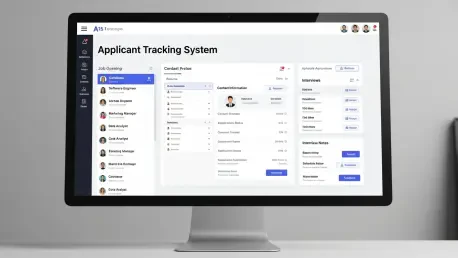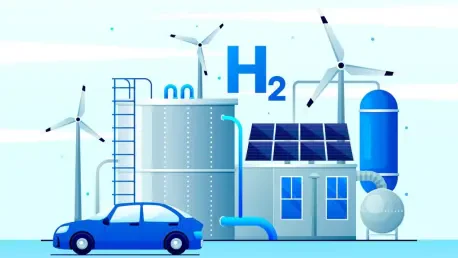
The scale of urban challenges today is staggering, with over half of the global population residing in cities, a figure projected to reach nearly 70% by 2050, and this rapid urbanization strains infrastructure, exacerbates traffic congestion, and intensifies resource scarcity, demanding innovative

In an era where digital interactions shape the daily lives of millions, the potential risks to children from unchecked AI technologies have sparked significant concern among lawmakers and parents alike, prompting California's latest legislative move to regulate chatbots and other AI-driven tools.

Imagine a local government struggling to fill critical positions, with hiring processes dragging on for nearly a year, leaving staff overwhelmed and public services delayed, a scenario that highlights the urgent need for efficient recruitment solutions. Applicant Tracking Systems (ATS) have emerged

As a leading voice in policy and legislation, Donald Gainsborough, at the helm of Government Curated, brings unparalleled insight into the intersection of state governance and cybersecurity. With Nevada reeling from a significant cyberattack announced on August 24, his expertise offers a critical

Understanding the UK's Cyber Threat Landscape In an increasingly hostile digital world, the United Kingdom stands as a prime target for sophisticated cyberattacks orchestrated by state-sponsored actors such as Russia and China. With critical infrastructure and major businesses under constant

Imagine a state once synonymous with the roar of automotive assembly lines now leading a silent revolution in clean energy, powering a sustainable future for the world, and redefining industrial practices with cutting-edge technologies. Michigan, long celebrated as the heart of American